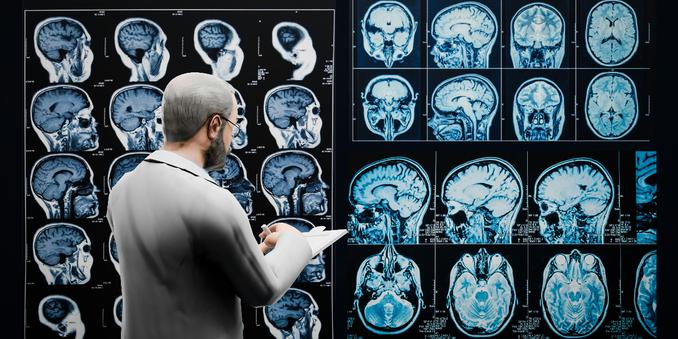@NicoleCRust
I look forward to reading your write up. Some thoughts.
1. I think that a large axis is how emotions are categorized within themselves. This especially arises when you start to differentiate immediate and future events. (For example, do all cultures separate anxiety and fear? I know that rage (immediate) and anger (seething) are sometimes differentiated and sometimes not.) There's some really nice work from Jackson and Lindquist on this.
2. I think one should be careful with terms like "cognitive appraisal". What allows us to determine that something is cognitively appraised?
2a. Is it that the event is in the future? (Rats definitely "worry" about future dangerous events from things they can't currently see. We know they respond behaviorally to hidden dangers. We know that they represent that hidden future in neural activity in hippocampus and elsewhere.)
2b. But also, an airpuff to the eye may always be irritating, but all mammals can "push through it". So I don't think immediacy is sufficient to reject cognitive appraisal. All mammals can, under sufficient motivation, push through an immediately negative event (shock, airpuff) to get to something in the future. Is that cognitively appraised?
2c. To get to cognitive appraisal, do we need neural data? What neural data would be sufficient to provide for cognitive appraisal?
Further (3): I think a third axis is the cross-species axis. I think we need to consider how the definitions interact with the data that we can collect from a given species. (Personally, I don't think we have any better evidence for "subjective" experience in humans than in many other mammals. We always over anthropomorphize the humans because we believe them when they talk to us. I always bring up referred pain - a human who says they have a pain in their arm is not correctly assessing the situation. Similarly, a human who says they are doing X because they are anxious about Y is often wrong about their reasons. We should not assume that humans can tell us their subjective experience any more than rats and mice can.)
Truth be told - I think that there is great evidence that mammals at least (including rats, mice, cats, dogs, monkeys, and humans) all have subjective emotional experience through activation in ventral frontal cortices. But I think the debate about "what is an emotion" needs to address the cross-species complexity.
In line with that, I just got back from a conference where several human-oriented researchers argued that humans have better visceral feedback than non-human animals and that this was a big key to "subjective experience", but when pressed they basically said that the non-human data hadn't been collected yet.


